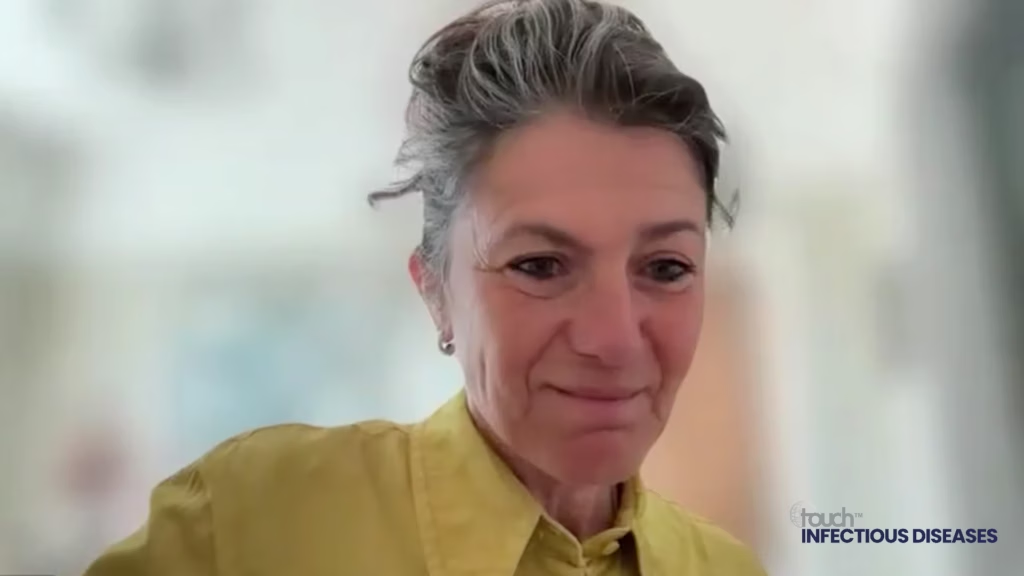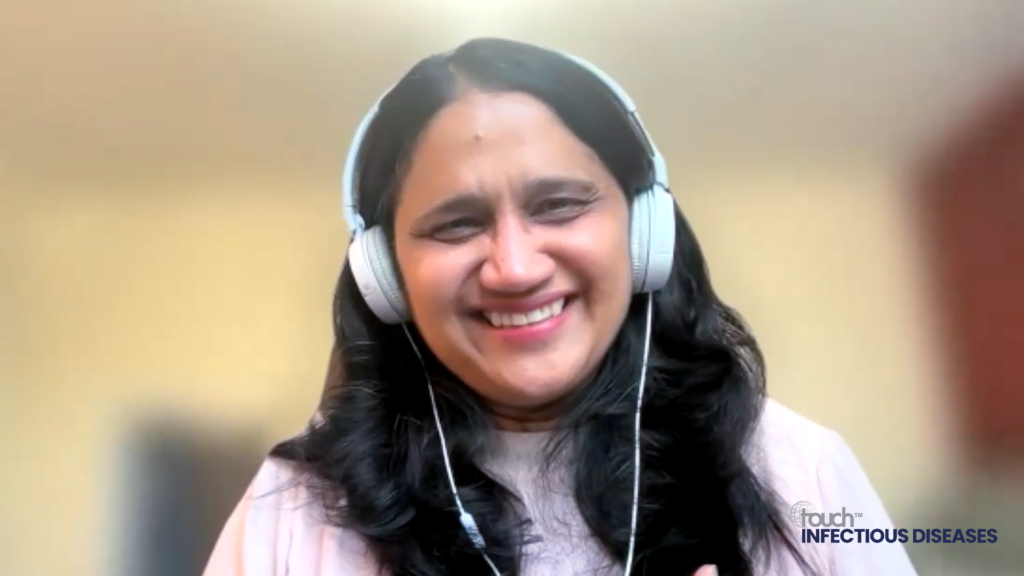Topline results from phase III PURPOSE 1 trial (NCT04994509) demonstrate the twice-yearly injectable HIV-1 capsid inhibitor, lenacapavir, achieved 100% efficacy in preventing HIV infections in cisgender women.
This trial, the first of its kind to show zero infections, compared lenacapavir to daily Truvada and background HIV incidence (bHIV). The study, which involved over 5,300 women across 25 sites in South Africa and three in Uganda, demonstrated lenacapavir’s superiority with zero HIV cases in the lenacapavir group versus 16 in the Truvada group. The independent Data Monitoring Committee recommended ending the trial’s blinded phase and offering open-label lenacapavir to all participants due to these results.
Lenacapavir showed no new safety concerns, was generally well-tolerated and highlighted its potential as a significant tool in HIV prevention. The trial design did not include a placebo group due to ethical considerations, using bHIV and Truvada as comparators. Lenacapavir’s success in the trial underscores the need for effective PrEP options and could significantly impact global HIV prevention efforts.
Prof. Linda-Gail Bekke, Director of the Desmond Tutu HIV Center at the University of Cape Town and Principal Investigator for the South African part of the study discusses the challenges of adherence with the current daily oral PrEP options for young people and the hope this new prevention tool has to offer in a recent article.
These results mark the initial data from Gilead’s PURPOSE program, the most extensive and diverse HIV prevention trial initiative ever undertaken. The PURPOSE program includes five global HIV prevention trials emphasizing scientific innovation, advanced trial design, community involvement, and health equity.
We now await detailed data from the trial that will be presented at a future conference.
Disclosures: This article was created by the touchINFECTIOUS DISEASES team utilizing AI as an editorial tool (ChatGPT (GPT-4o) [Large language model]. https://chat.openai.com/chat.) The content was developed and edited by human editors. No funding was received in the publication of this article.









